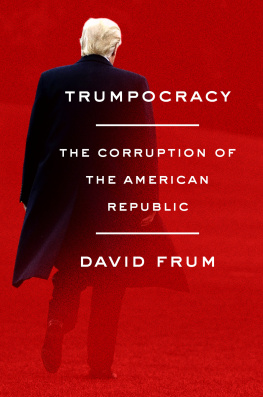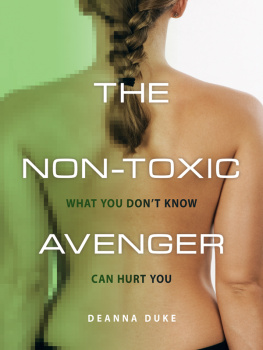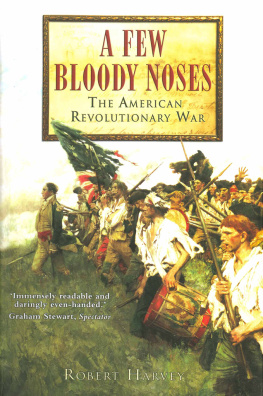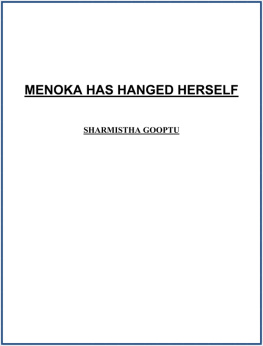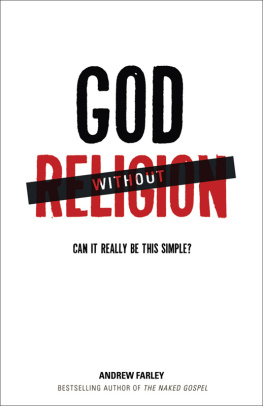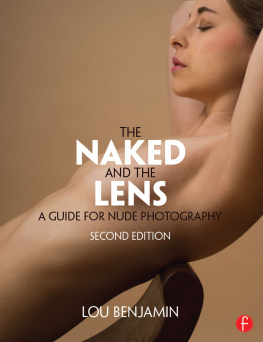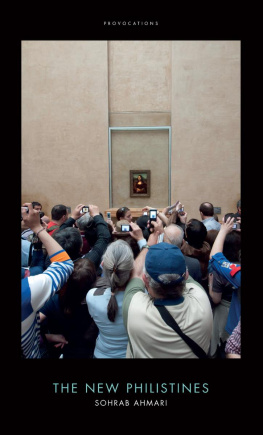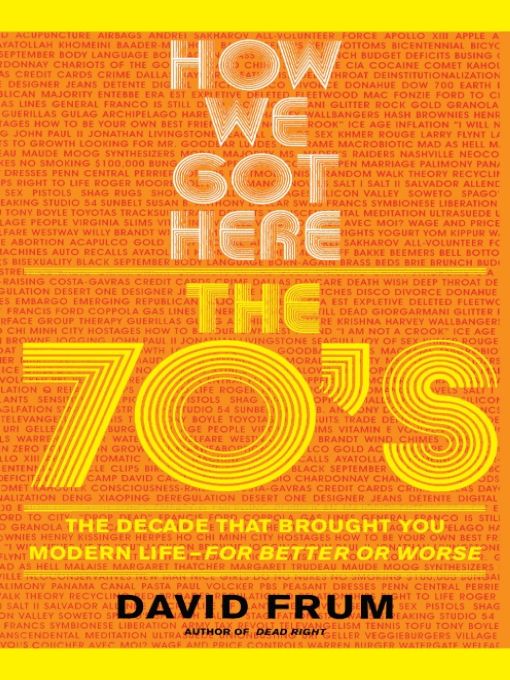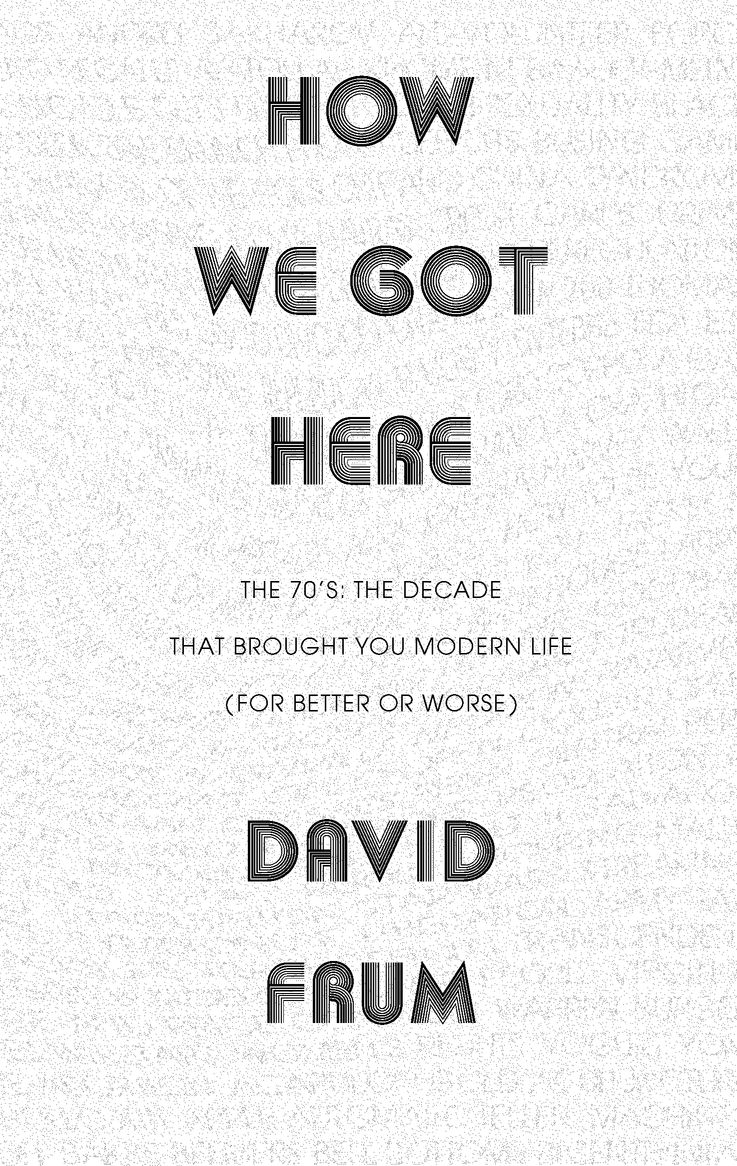Table of Contents
TO MY WIFE, DANIELLE
ACKNOWLEDGMENTS
The idea for this book originated fifteen years ago in the Boston apartment of John Barnes, now an executive at Pfizer, and Dean Godson, now the chief leader-writer of the Daily Telegraph. John announced that a history of the 1970s desperately needed to be written. We all enthusiastically agreed, and herebelatedlyit is. I thank them for their inspiration and continuing friendship.
I owe more thanks than this page can hold to the Manhattan Institute and specifically to its president, Larry Mone, and its chairman, Roger Her-tog. Without their generosity, this book could never have been finished. There were moments when my editor, John Donatich, probably darkly suspected that it never would be finished; among his many kindnesses were his stoic smiles through those moments.
Heartfelt thanks to the relatives and friends who read and commented on early drafts of the book: Linda Frum, Chris Gray, Nancy Lockhart, Jonathan Rauch, Florence Rosberg, Gerald Rosberg, and above all to my father, Murray, as trenchant but flattering a critic as any writer could hope for. My in-laws, Peter and Yvonne Worthington, hospitably permitted me to turn their barn into a paper-filled lair summer after summer, emerging only to eat and snarl. My happiest hours writing this book were spent in the garden laid out by my late mother, Barbara Frum, who glimmered glamorously through the 1970s in her Zandra Rhodes gowns. I dearly wish I could talk with her about those days again.
At various points along the way, I benefited from the assistance of some very able researchers: Aaron Solomon, Chris Stump, and Steve Taggart. I am grateful to them, as I am to Chris DeMuth of the American Enterprise Institute, John Dizard, Austen Furse, Mitzi Hamilton, Bill Kristol, Bob Newman, Doug Pepper, and Ken Whyte for their ideas and support. My literary agent, Mildred Marmur, saved this book from capsizing as the storms of the New York publishing world heaved my publisher through three owners.
Finally and supremely, I thank my heroically patient wife and children. The enthusiasm of Miranda and Nathaniel for bellbottoms, Happy Faces, and the Temptations proves that life is a circle after all. My wife, Danielle, lovingly aided me the whole way, from the day the form of this book was conceived alongside the Central Park Carousel to the midnight hours when we together edited and re-edited the very last draft. The discussion of marriage appears in this book under the chapter title Duty. It is due to her heavenly grace and nobility of spirit that ours has never been anything other than pure joy.
LIST OF ILLUSTRATIONS
INTRODUCTION: Reading a computer print-out. Archive Photos/Lambert.
PART I: A disgruntled message on a gas station sign during the U.S. gas crisis in the 1970s. Ed Carlin/Archive Photos.
PART II: A dancer covered in metallic paint and wearing only a g-string raises his arms at the reopening of Studio 54, New York City, September 15, 1981. Tom Gates/Archive Photos.
PART III: Actors John Belushi and Garrett Morris as Coneheads on the set of Saturday Night Live, 1975. Joseph Sia/Archive Photos.
PART IV: A full-length portrait of two young women on a sidewalk, modeling metallic-colored leather hot shorts, tops and shoes, London, England, 1972. Popperfoto/Archive Photos.
PART V: A full-length portrait of a young woman streaking past the Supreme Court on April Fools Day, Washington, D.C., April 1, 1974. Archive Photos.
PART VI: Tehran, Iran, November 19 (AP)Burning an American flag in front of the American embassy. (APWirephoto) Sayad (333).
CONCLUSION: Astronaut James Irwin salutes in front of the landing module of Apollo 15 on the moon, August, 1971. Archive Photos.
INTRODUCTION
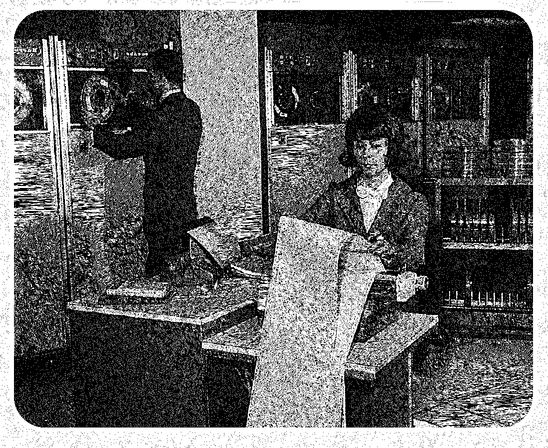
I PREFER THE DREAMS OF THE FUTURE TO THE HISTORY OF THE PAST. SO THOMAS Jefferson wrote to his friend John Adams in 1816. Could there be a more American sentence than that? The violence, poverty, and intolerance of the past was what Americans, in Jeffersons day and ours, had left their home-lands to escape. The future was what they intended to build here. Americans often mock Europeans for refusing to accept realityfor dreaming of the days when the British Navy ruled the waves, when the Kingdom of Poland stretched from Berlin to Kiev, when Rome was the capital of the world. Yet Americans have lived in their dreams every bit as much as Europeans, maybe even more so. When Charles Dickens visited the United States in the 1840s, he mocked the locals habit of pointing at a wooden schoolhouse in a clearing and describing the great university that would soon arise from it, or of calling the muddy lanes of New York and Washington avenues and boulevards. But the locals were not lying. They were describing things not as they were, but as they must soon be. The magnificent future was not a speculation; it was, as one nineteenth-century newspaper editor said, a sure thing that simply had not yet gone through the formality of taking place.
That future has arrived. America at the beginning of the twenty-first century is rich beyond all reckoning. The Communist superpower with which it grappled for half a century lies shattered at Americas feet, begging for American aid, technology, and investment. Past wrongs are being righted. The descendents of slaves sit on corporate boards and command fleets and armies; the grandchildren of coolies scoop up scholarships and prizes; women can go anywhere and do anything that men can. The United States leads the world in learning and the arts, in science and technology, in business and finance. Its shops are piled high with fresh plums in December and a hundred varieties of ice cream in August. At the flick of a switch, Americans can listen to the Brandenburg Concertos played more finely than they ever were for the Elector of Brandenburg himself; with a flash of plastic they can board a jet to Bali or Buenos Aires; with a tap of a key they can order any book in print delivered to their doorstep the next morning. Do they want to know what is happening in Sierra Leone? They can see it live on CNN. Are they worried about their daughter on her first day of university? They can call her pager from their car phone. Are they sick or in pain? The worlds most fantastic medicine makes even more fantastic advances with every passing week. And unlike any previous great powerunhke Victorian Britain, unlike the caliphs of Baghdad, unlike imperial RomeAmericans can see nobody and nothing on the horizon who would dare to take, who could even imagine taking, all this away from them.
In every way that we can count, tally, or measure, these are Americas best days, its high noon of empire. Its staggering to imagine what more Americans could wish for if they arent satisfied with all that they have. And yet ... and yet ... they arent satisfied. In fact, it seems that they feel less content, less secure, less proud of their country than they did forty years ago, when Jim Crow still ruled the South, Soviet bombers were aimed at Manhattan, a heart attack meant certain death, and $20,000 a year was a handsome wage. In those grimmer days, American publishing houses ground out books warning the country against (of all things!) complacency. Now, in an era when complacency seems like the most appropriate of all moods, the publishers are capitalizing on pessimism. On my bookshelf I see


